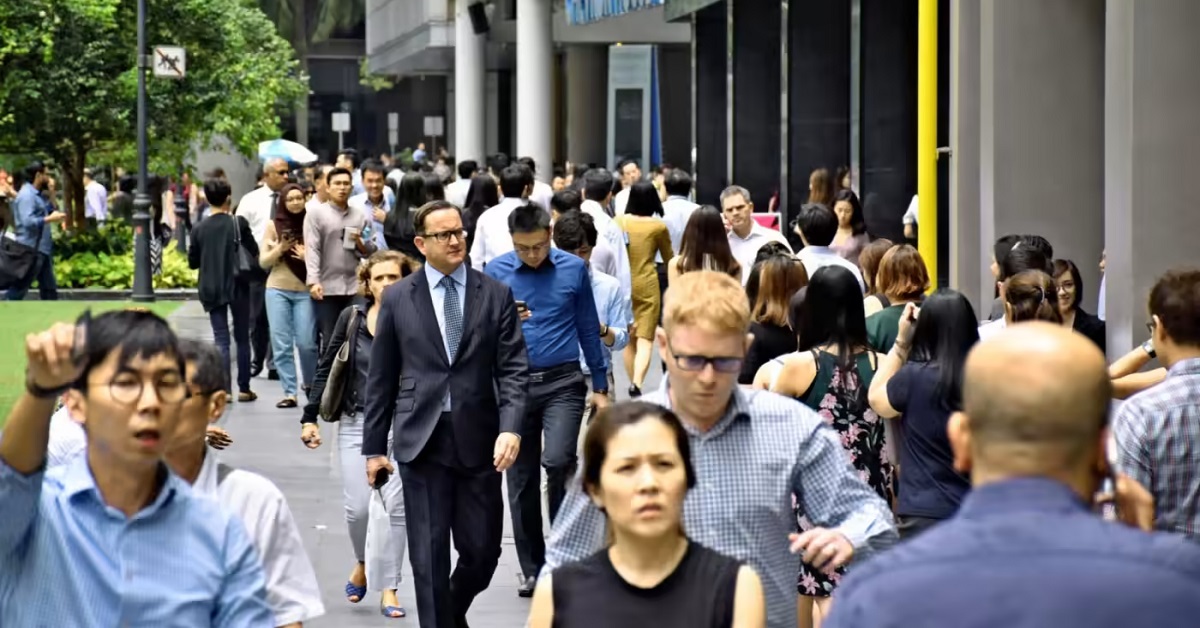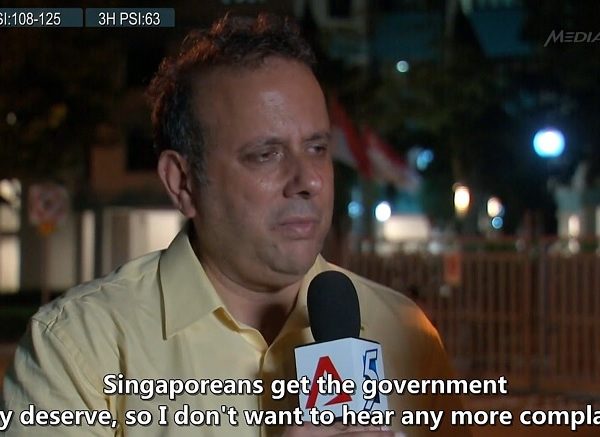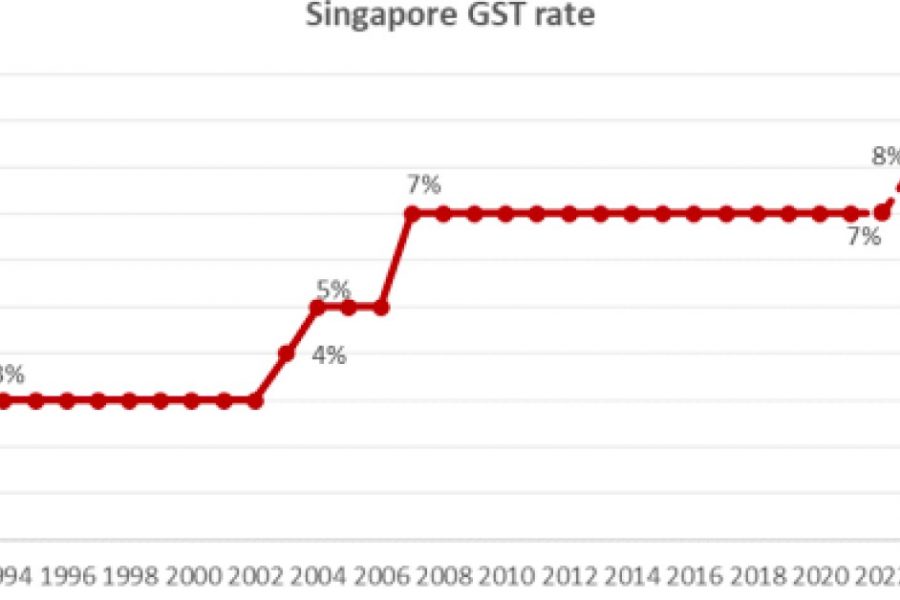By LM — According to a report published by the Australian think tank, Australian Strategic Policy Institute (ASPI), Singapore’s institutions rank highly in critical technologies. Singapore has the fourth-highest number of institutions in the top 20 for artificial intelligence, the third-highest number in quantum technologies, and the fifth-highest number in computing and communications. However, despite these achievements, there is a worrying trend where Singaporean graduates are finding it increasingly difficult to secure jobs in these fields, even in their own country.
The Ministry of Manpower in Singapore reported that as of June 2021, 30% of foreign graduates secured jobs in computing fields, compared to just 26% of Singaporean graduates. This is a significant disparity, especially considering that Singaporean students have been educated in Singapore’s top institutions. Another concerning trend is that employers in Singapore tend to offer lower salaries to Singaporean graduates compared to their foreign counterparts. This is even though Singaporean graduates may have similar qualifications and experience as foreign graduates. A recent study by the Institute of Policy Studies found that foreign graduates earned, on average, 5% more than Singaporean graduates in the same field.
This is especially concerning for Singaporean graduates in technology fields, as the government continues to rely on foreign talent to fill these roles. The government and employers seem to invest in outsiders more than their own people. The consequences of this trend are already being felt in the form of a brain drain. Singaporean graduates seek better opportunities abroad since they are unable to secure jobs or are underpaid in Singapore. This approach may not be sustainable in the long run as it could lead to a loss of valuable talent.
Employers must recognize the value of local talent and provide opportunities and compensation on par with their foreign counterparts. Instead of relying on foreign talent, Singapore should be investing in its own workforce to ensure that it is the Singaporean graduates, that are leading the charge in these fields and not outsiders.





